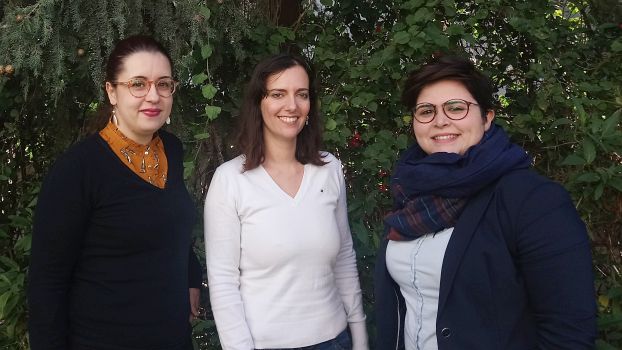Academic Cooperation Office
Our Academic Cooperation Office promotes independent universities and funding for research and teaching as a contribution to democratization in Tunisia
Free access to education is undoubtedly the main driver of social mobility — a fact that Tunisia seemed to confirm in the decades following its independence. Consequently, the country’s education sector has played a particularly important role post-2011.
Alongside our other critical and progressive work in Tunisia, the Rosa Luxemburg Foundation places a focus on promoting critical research and teaching as well as academic cooperation To this end, the foundation established an academic cooperation programme known as “Independent Universities and the Promotion of Critical Research and Teaching” in 2014. Its main aim is to support actors pushing for higher education reform, i.e. for greater academic freedom and autonomy for higher education institutions, less hierarchy, and broader access.
From the outset, the programme succeeded in bringing together a wide range of actors and initiating engaged collaborations, especially among faculties and departments in the humanities and social sciences at the country’s largest universities. A particularly noteworthy achievement has been the Academic Charta, which was presented to the public in May 2017. The document, a product of a concerted initiative involving our Academic Cooperation Office and the Tunisian Association to Defend Academic Values, outlines the cornerstones of a free and democratic university. It has already been signed by a number of deans and professors, and garnered broad attention across all academic fields.
In line with this effort, the programme therefore also aims to bring together critical and progressive researchers and promote their exchange in order to raise the visibility of their contributions to academic debates. In recent years, the academic cooperation office has organized a number of activities on issues including the implications of free trade for Tunisia’s economy, the relevance of Antonio Gramsci’s theories to contemporary politics, and plans to develop a Museum of the Tunisian Revolution.
Over the coming years, the office aims to decentralize its work. At universities, as well, the office’s work will seek to address a wider range of actors, especially by increasing its focus on junior researchers and students. This will facilitate efforts to include these groups in ongoing activities and identify formats that allow them to take an active role in shaping their academic environment.
Regional Office Tunis

Academic Cooperation Programme
Director: Nadia el Ouerghemmi
Rosa-Luxemburg-Stiftung North Africa Office
Academic Cooperation Programme
23 Avenue Jugurtha
Mutuelle Ville
1082 Tunis
academiccooperation@rosalux.org
www.rosaluxna.org/academic-cooperation